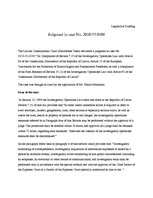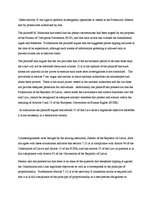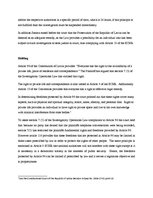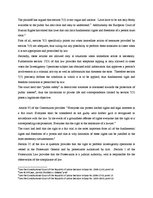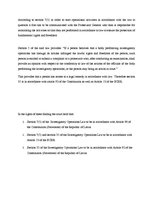In January 13, 1994 the Investigatory Operations Law came into force in the Republic of Latvia. Section 7 (5) of that law provides that “In cases where immediate action is required in order to avert terrorism, murder, gangsterism, riots, other serious or especially serious crime, as well as where the lives, health or property of persons are in real danger, the investigatory operations measures referred to in Paragraph four of this Section may be performed without the approval of a judge. The prosecutor shall be notified within 24 hours, and approval of a judge shall be obtained within 72 hours, regarding such measures. Otherwise the conduct of the investigatory operations measures shall be discontinued.”
As the paragraph refers back to paragraph 4 of that section which provides that: “Investigatory monitoring of correspondence, investigatory acquisition of information expressed or stored by a person by technical means, investigatory covert monitoring of non-public conversations (including by telephone, by electronic or other means of communication) and investigatory entry shall be performed only in accordance with the special method and with the approval of the Chief Justice of the Supreme Court or a Justice of the Supreme Court specially authorized by him or her. “ …

